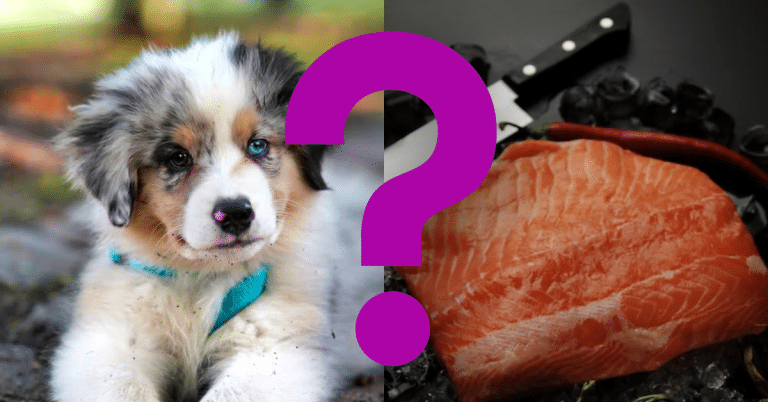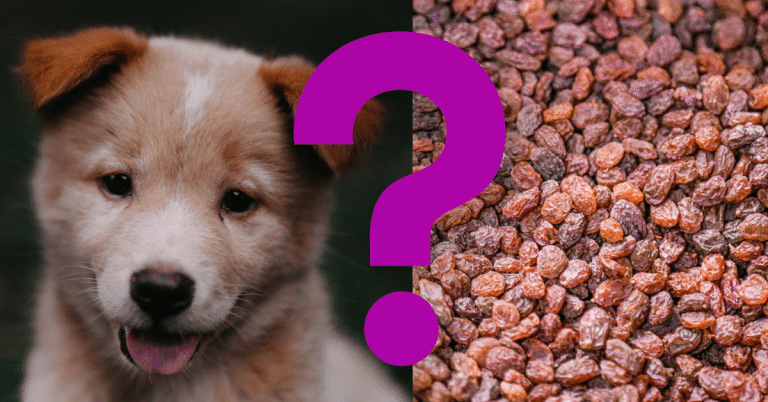Can Dogs Eat Cheetos? A Vet’s Opinion

Cheetos are a famous brand of cheese-flavoured snack chips that are known for their distinctive bright orange colour and crunchy texture. They are made from cornmeal that has been shaped into small, puffed or twisted shapes and then coated with a mixture of cheese powders and other flavours, but can you feed Cheetos to your dog?
Feeding Cheetos to your dog is not recommended. They are highly processed, contain artificial ingredients, and are high in sodium, which can be harmful to dogs. Additionally, Cheetos are high in fat and calories, contributing to potential weight gain and obesity. It’s best to opt for dog-friendly treats specifically formulated for canines, ensuring their nutritional needs are met.
Let’s dive in:
Benefits Of Cheetos For Dogs
There are no benefits of feeding Cheetos to dogs; there are only adverse effects to giving them treats which are meant for humans.
Most of the ingredients present in Cheetos are unfit for consumption by your dogs. Hence it would be best if you did not feed your dog Cheetos for any kids of dietary benefits or otherwise.

How To Safely Give Cheetos To Dogs
Since there is no benefit to giving your dog Cheetos, on the contrary, there are a lot of negative impacts of this product; we cannot tell you about any safe way to give Cheetos to your dog.
There is no safe way to make sure that Cheetos does not cause harm to your dog, and hence we will strongly advise you against giving Cheetos to your dog. You should only give your dog food which is approved by a veterinarian and is fit for canine consumption.
Will Cheetos Make A Dog Sick?
Feeding Cheetos to dogs is generally not recommended due to several reasons. Firstly, Cheetos are highly processed snacks that contain artificial flavours, additives, and preservatives. These ingredients are not typically suitable for a dog’s digestive system and can potentially lead to gastrointestinal upset or allergic reactions. Dogs have different dietary needs and sensitivities compared to humans, so it’s important to prioritize their health when selecting their food and treats. Another concern is the high sodium content in Cheetos. Dogs have lower sodium requirements than humans, and excessive sodium intake can have adverse effects on their health. Consuming large amounts of Cheetos can lead to dehydration, elevated blood pressure, and strain on the kidneys. Dogs with pre-existing health conditions, such as kidney disease or heart problems, may be particularly susceptible to these risks. Therefore, it’s crucial to limit your dog’s intake of high-sodium foods like Cheetos.
Furthermore, Cheetos are high in fat and calories. Regular consumption of fatty snacks like Cheetos can contribute to weight gain and obesity in dogs. Obesity in dogs is associated with a range of health issues, including joint problems, diabetes, and heart disease. Maintaining a healthy weight is essential for a dog’s overall well-being, and providing them with nutritionally balanced meals and appropriate treats is crucial to achieving that. It’s important to remember that dogs have specific dietary requirements that differ from humans. While Cheetos may be tempting or enjoyable for humans, they are not designed with a dog’s nutritional needs in mind. Instead, opt for dog-friendly treats that are specifically formulated to meet their dietary requirements. There are many commercially available treats made with wholesome ingredients that are better suited for dogs, providing them with a balanced and healthy snack option. Ultimately, the well-being of your dog should be a top priority when it comes to their diet. While the occasional small piece of Cheeto may not cause immediate harm, it’s best to avoid making it a regular part of their diet.

Vet’s Summary
It is not recommended to feed Cheetos to dogs due to their highly processed nature, artificial ingredients, high sodium content, and potential for weight gain. Instead, prioritize a balanced and nutritionally appropriate diet for your dog, including dog-friendly treats formulated for their needs. Probiotics can be beneficial for dogs, supporting digestive health, but it is essential to consult with your veterinarian before adding them to your dog’s diet. Probiotics can be found in commercial dog foods or as supplements and proper dosage and administration should be followed. Remember that probiotics should be part of a comprehensive approach to your dog’s health, along with a balanced diet, exercise, and regular veterinary care.
Videos To Watch
If you are wondering what related foods are good to give your dog, watch this:
And if you want to know what a dog can NOT eat, watch this:






